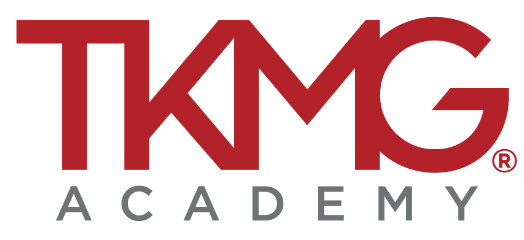Changeovers occur when shifting from one type of work or set of conditions to another. They typically consist of non-value-adding activities that—while often necessary—consume time and erode productivity.
While changeovers are often top-of-mind in manufacturing operations, they also occur in food service, healthcare, biotechnology, the military, construction, and project and knowledge work. Reducing changeover times produces rapid and significant benefits for an organization, its customers, and its work teams.
Changeover reduction is also referred to as SMED (Single Minute Exchange of Die), setup reduction, make ready, and quick changeover.
In this course, you will learn:
1. The benefits of reducing changeover times
2. A 6-step process for accomplishing the reduction
3. Some of the most common ways to reduce changeovers
4. How to quantify results
Licenses are valid for one learner only and are not transferable. All learners must have their own license to view or listen to the course.
This course is available with Latin-Spanish subtitles and handouts.
What You'll Earn
Learners who pass the final exam with a score of 70% or higher receive a signed, dated, and numbered course completion certificate and Achievement Badge.
TKMG Academy Achievement Badges include digital credentials—issued by Credly—which verify accomplishment. Learners can easily share their badges on LinkedIn and other social sites—and with employers and professional associations—to demonstrate their commitment to continuous learning and growth.

Course Breakdown
- Lesson 1 – Introduction
- Lesson 2 – Changeover Reduction Benefits
- Lesson 3 – Changeover Reduction in Non-Manufacturing Settings
- Lesson 4 – 6-Step Method
- Lesson 5 – Step 1 – Prepare for Improvement – Part 1
- Lesson 6 – Step 1 – Prepare for Improvement – Part 2
- Lesson 7 – Step 2 – Understand the Current State
- Lesson 8 – Step 3 – Design the Future State – Part 1
- Lesson 9 – Step 4 – Design the Future State – Part 2
- Lesson 10 – Step 5 – Design the Future State – Part 3
- Lesson 11 – Rollout and Continuous Improvement
- Lesson 12 – Complex Changeovers
- Lesson 13 – Quantifying & Communicating Results
- Lesson 14 – Summary

